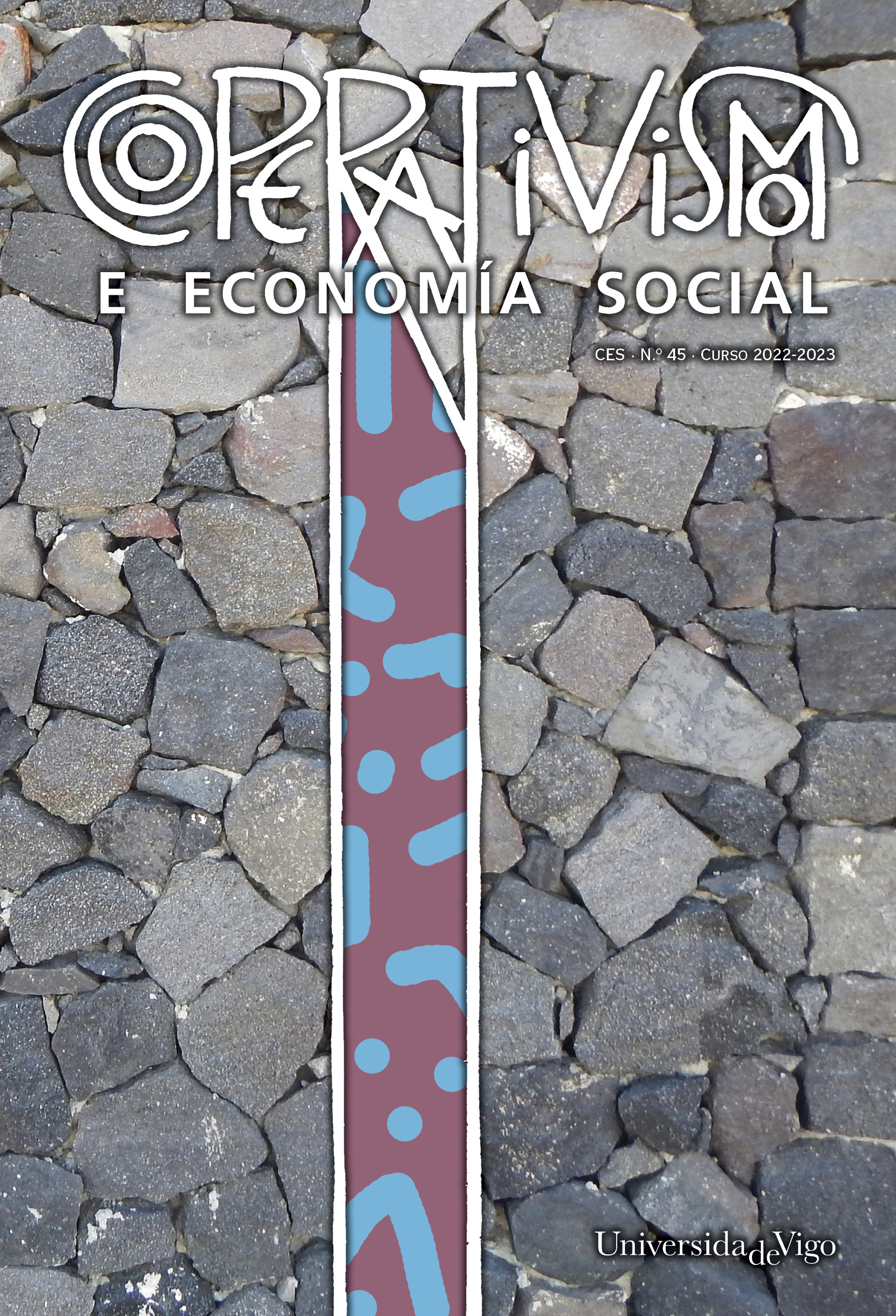THE “MISERICORDIAS”, A SOCIAL COMPANY RECOGNIZED AS AN ENTITY OF THE SOCIAL ECONOMY
DOI:
https://doi.org/10.35869/ces.v0i45.5171Keywords:
Misericordias, Social Economy, Social Enterprises, Legal Framework, Portugal, SpainAbstract
The Holy Houses of Mercy are institutions of Portuguese origin that emerged at the end of the 15th century and that over time extended beyond the territories of the Portuguese Empire, even to Spain, where several Houses of Mercy were created in the image and with similar purposes to the original ones. Nowadays, the Mercies continue to have an important role and presence throughout the Portuguese territory, in various decolonized countries, and in others with great influence by the Portuguese emigration always with an important role of social care for the citizenry.
The Portuguese Mercies are also part of the Particular Institutions of Social Solidarity (IPSS). In the Law on the Bases of the Social Economy of Portugal, Law 30/2013, the IPSS are included, and the Misericordias, as entities of the social economy, so the legal recognition is twofold.
In Spain, the existence and survival of the Holy Houses of Mercy does not have the historical route, nor the social relevance, that the Portuguese have maintained. However, even today, in Spain, there are some Mercies that provide their social care service, having adopted various legal formulas such as foundations, associations and public entities, which, based on the provisions of art. 5th of Law 5/2011, of 29 March, of the Social Economy, at least some of them are entities of the social economy, however, if Spain opts for the recognition of social enterprises, all Mercies will be considered an entity of the social economy.









